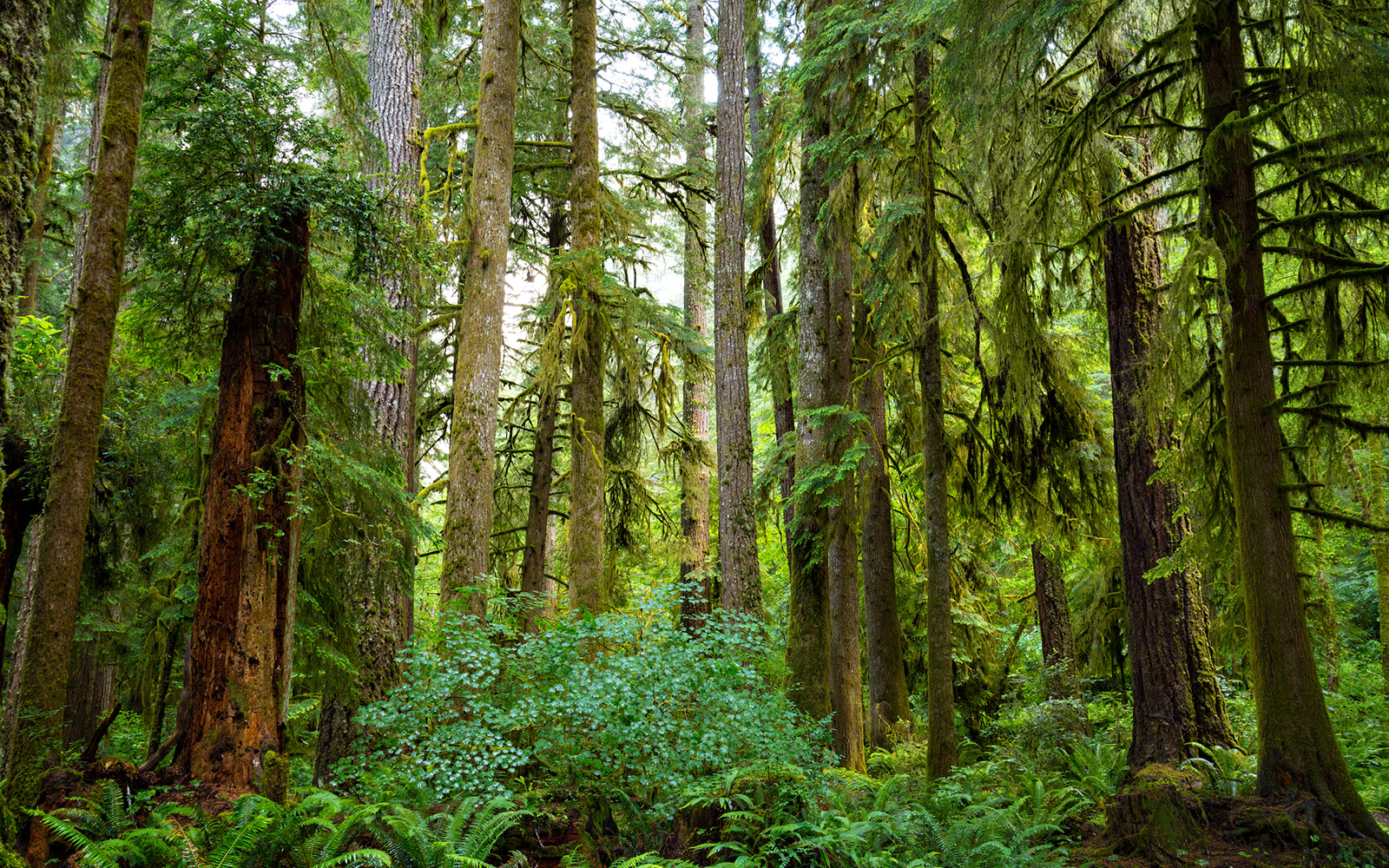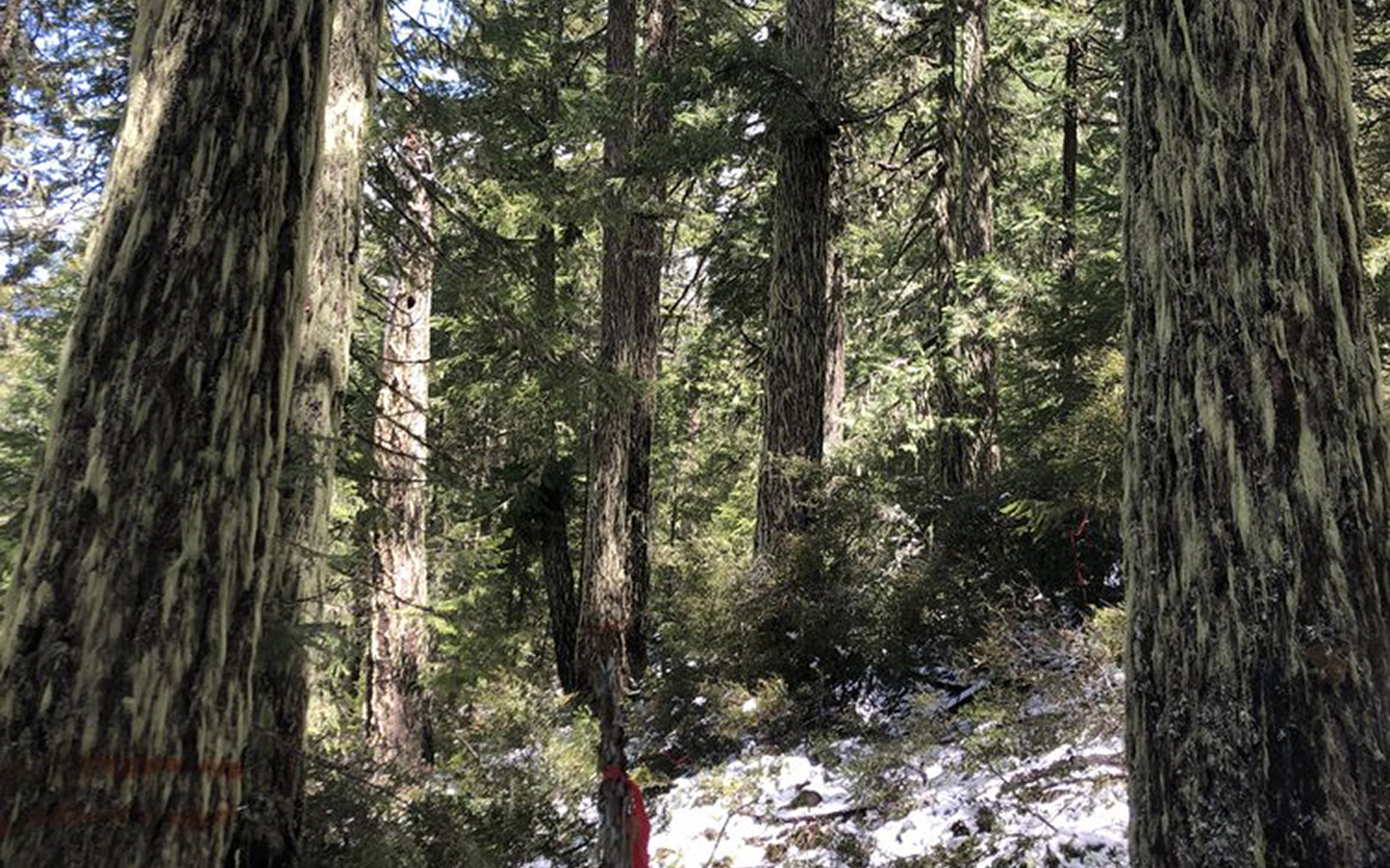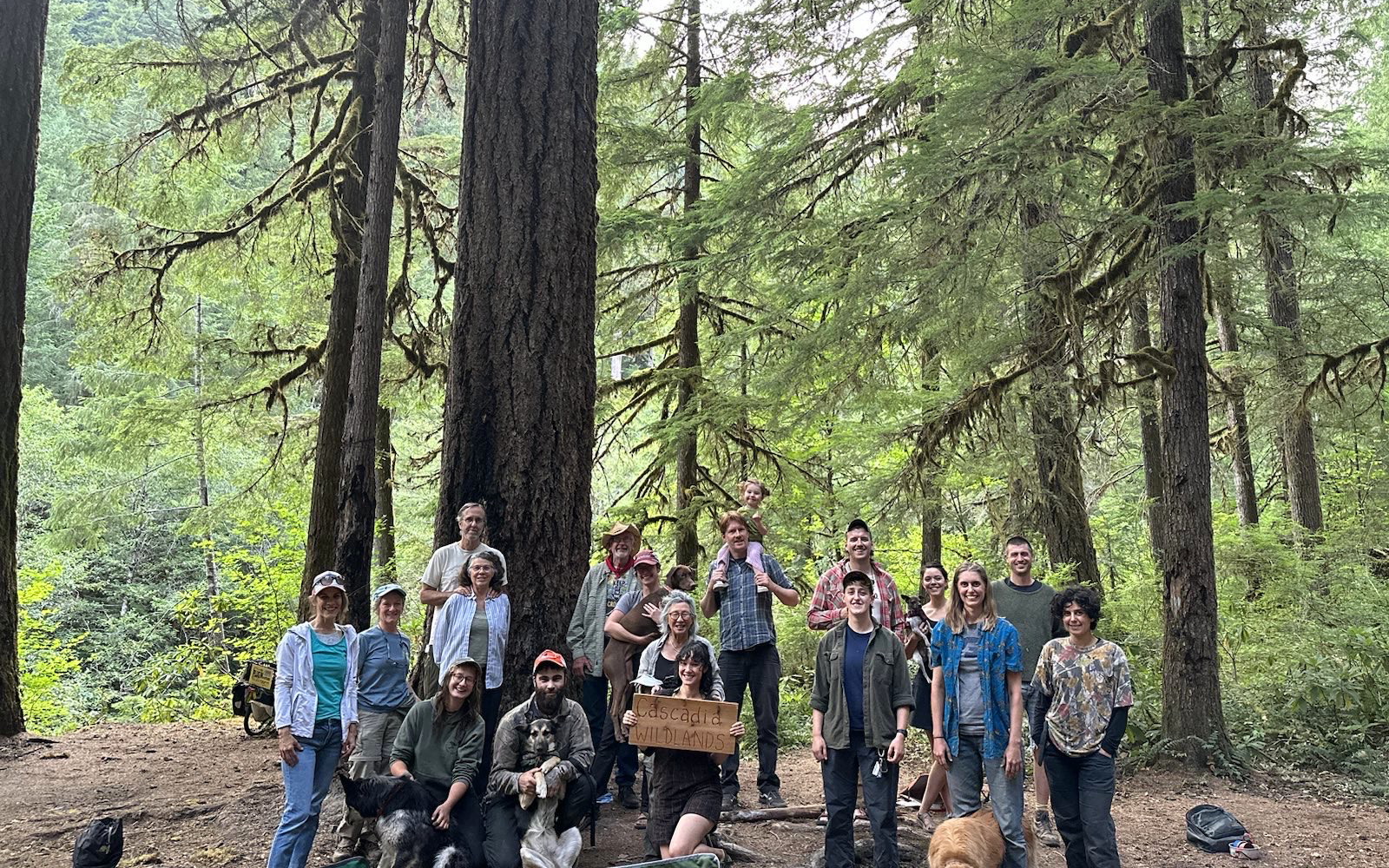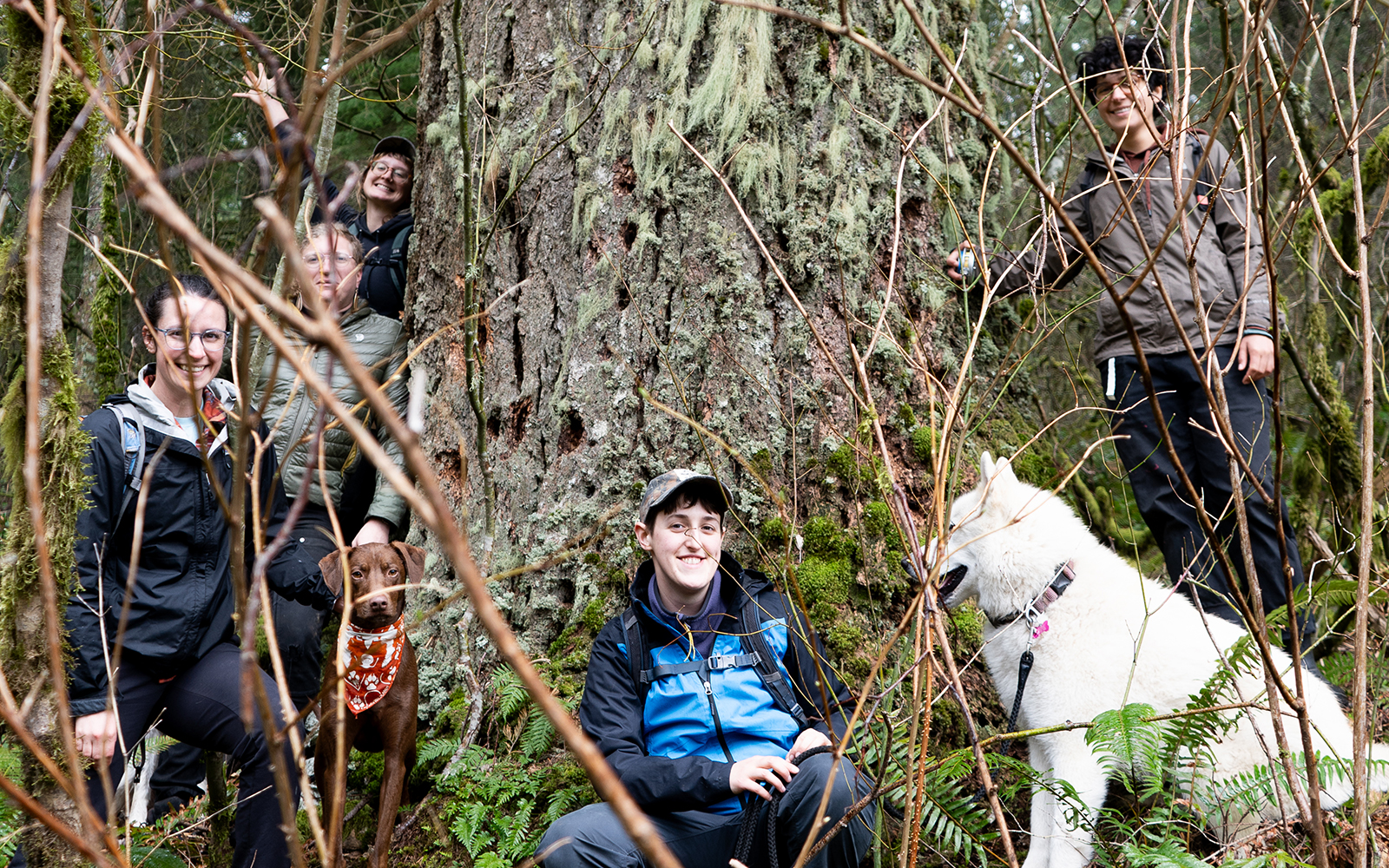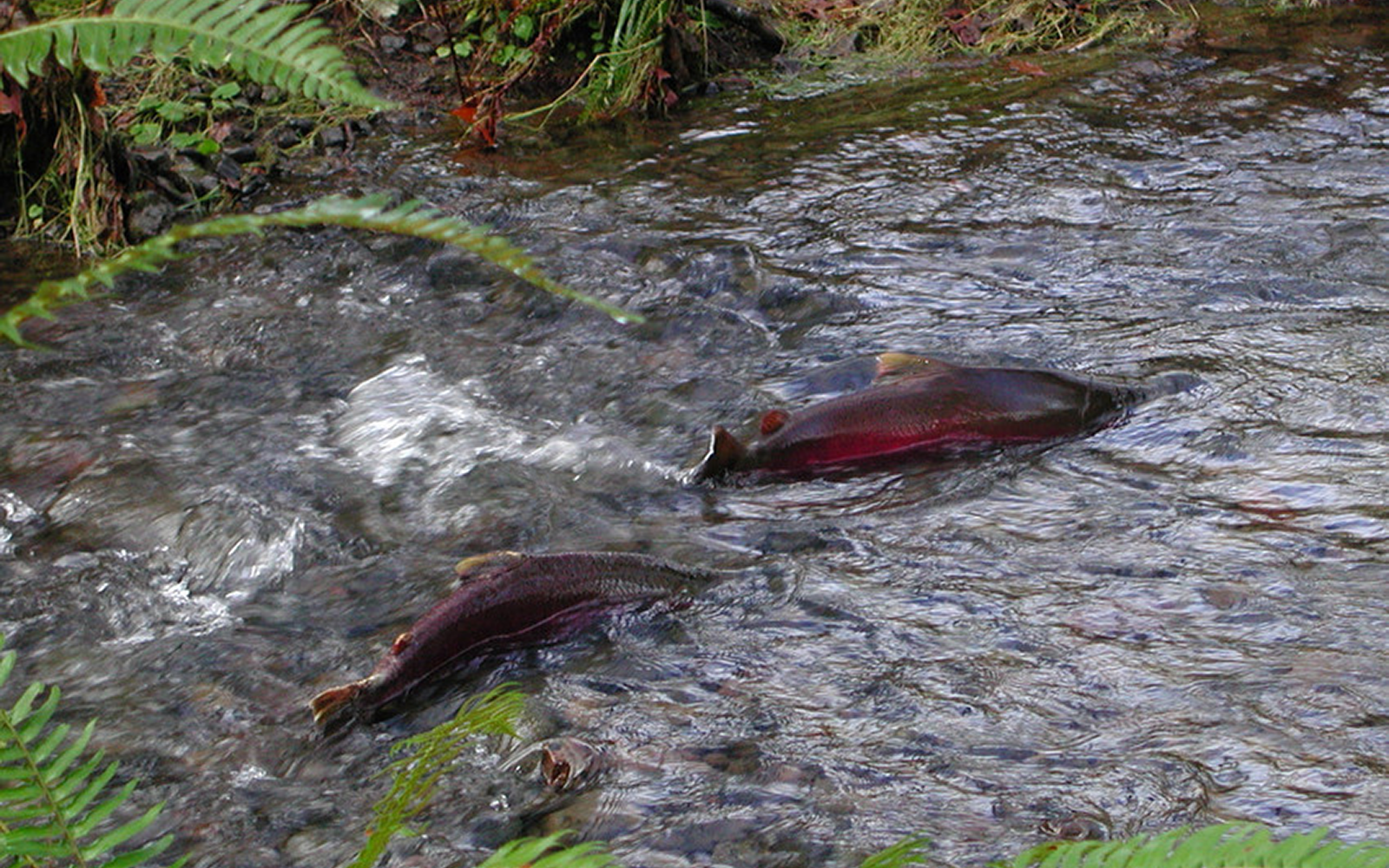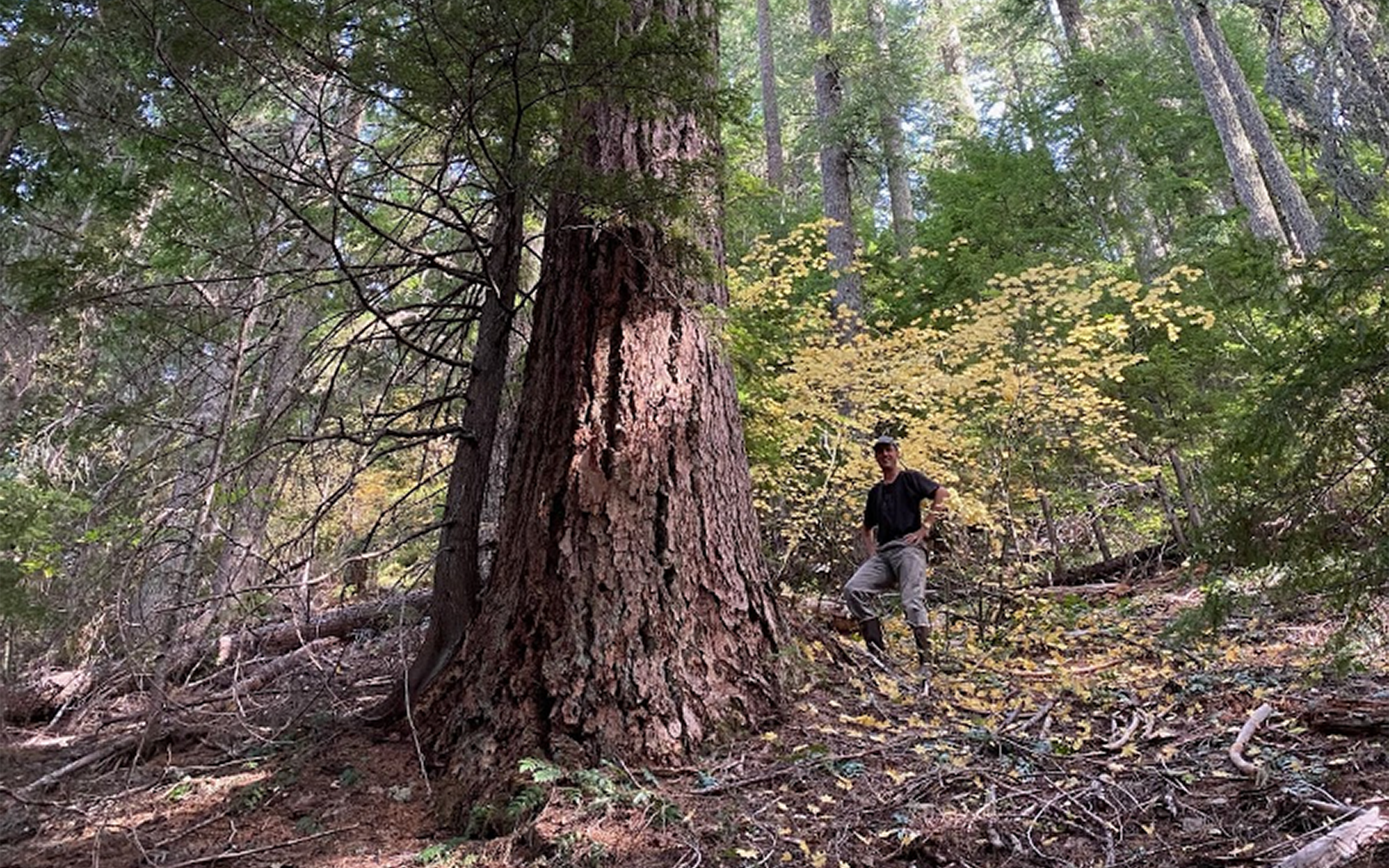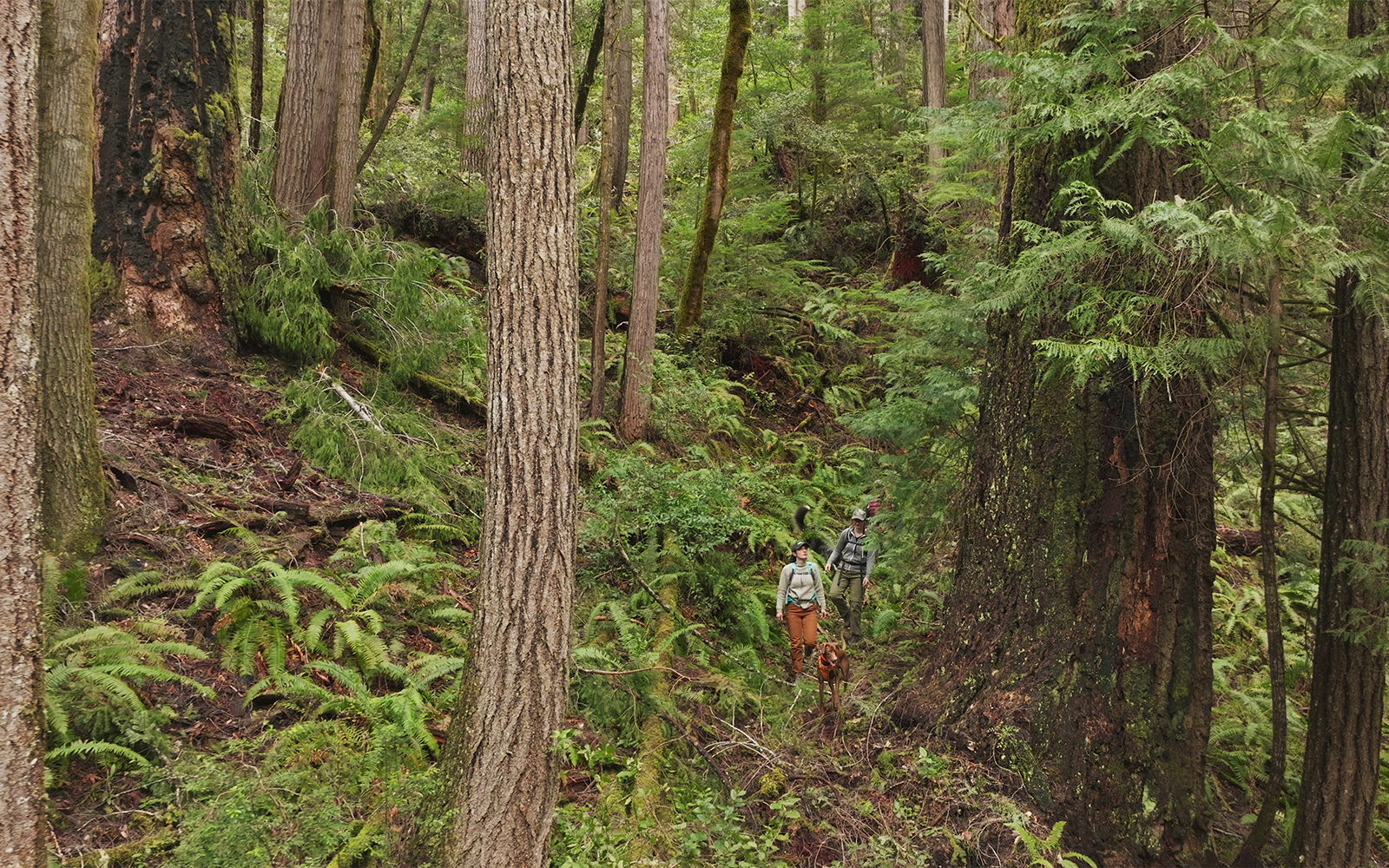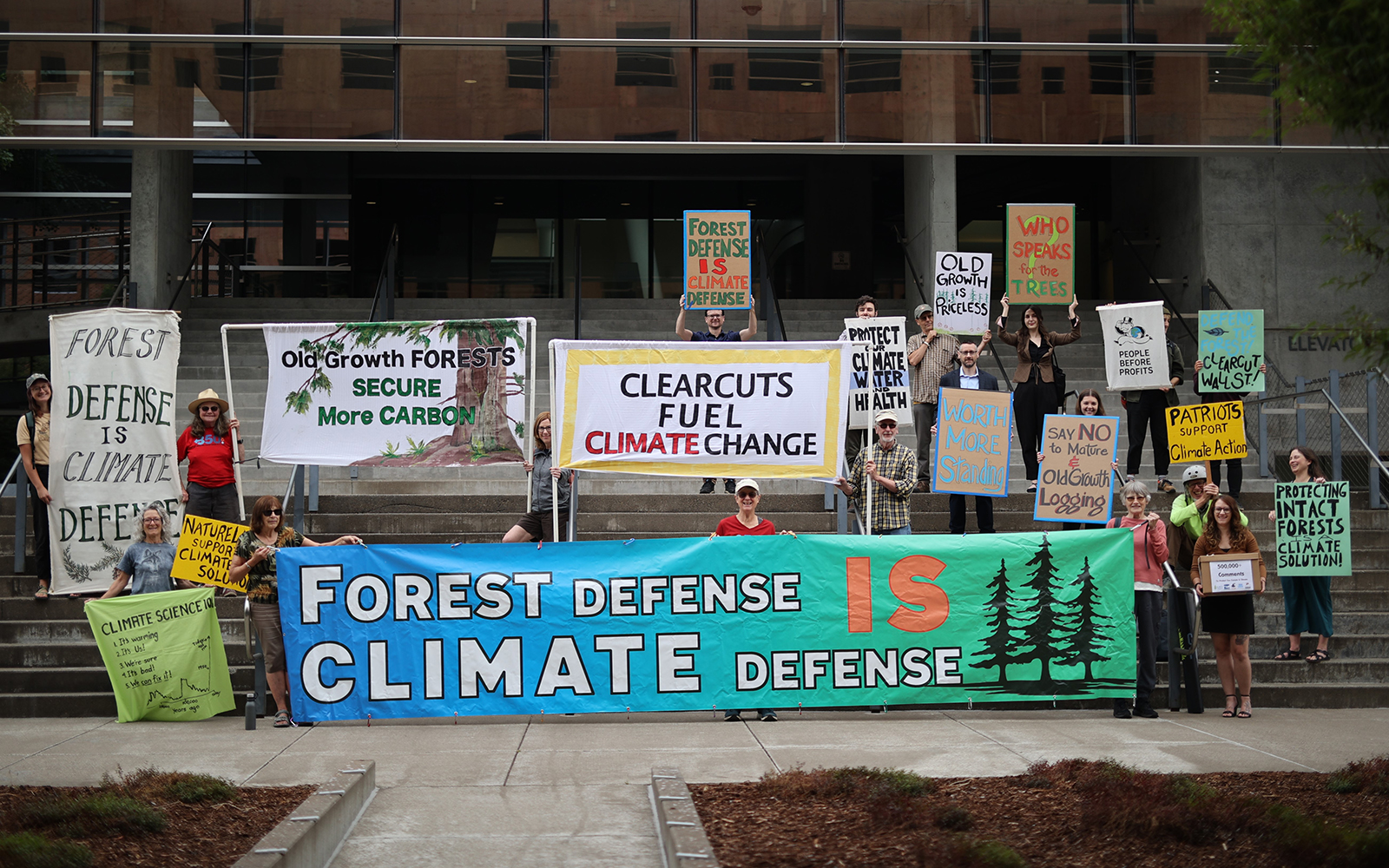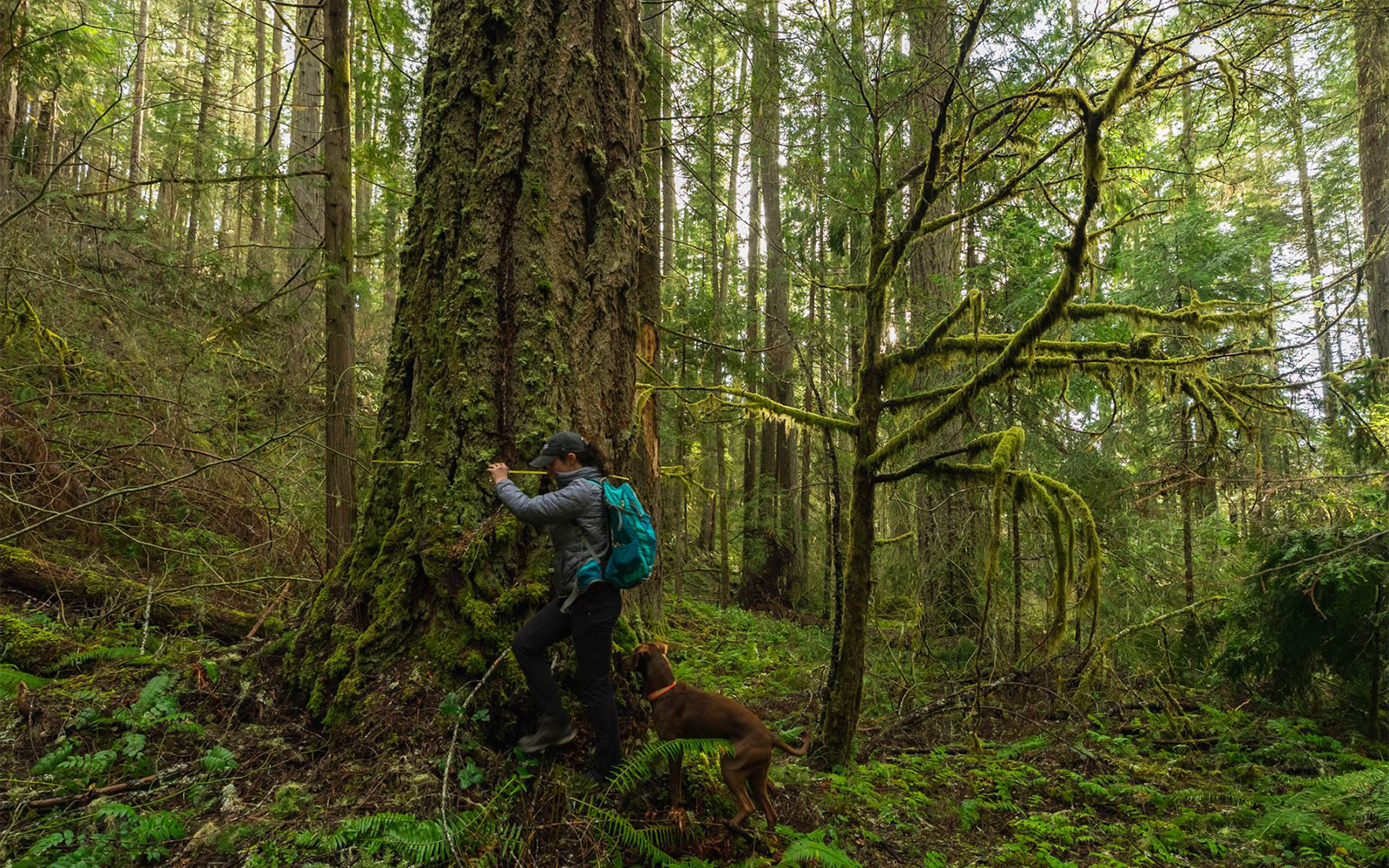June 26, 2024 — Today, the Ninth Circuit Court of Appeals affirmed a 2022 ruling from the District Court of Oregon that prevents Scott Timber Co. from clearcutting old-growth forest within Oregon’s Elliott State Forest. The court held that the proposed logging of the 355-acre Benson Ridge parcel by the subsidiary of Roseburg Forest Products would harm threatened marbled murrelets in violation of the federal Endangered Species Act. The case marks the first time a private timber company has been held to account in court for potential violations of the federal Endangered Species Act in Oregon.
